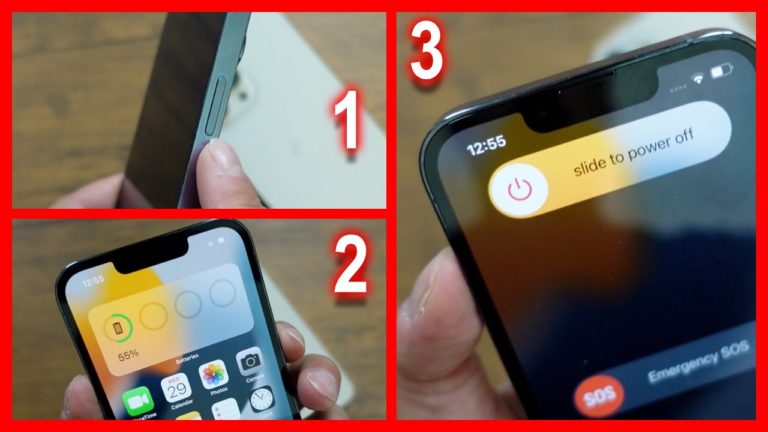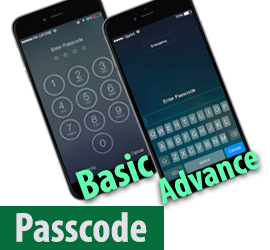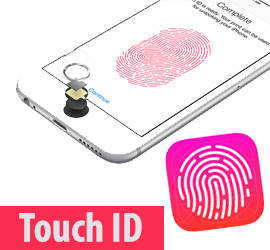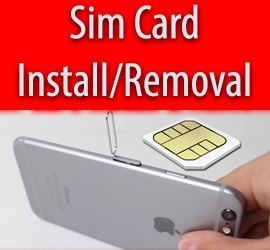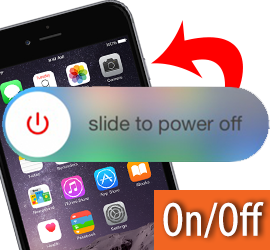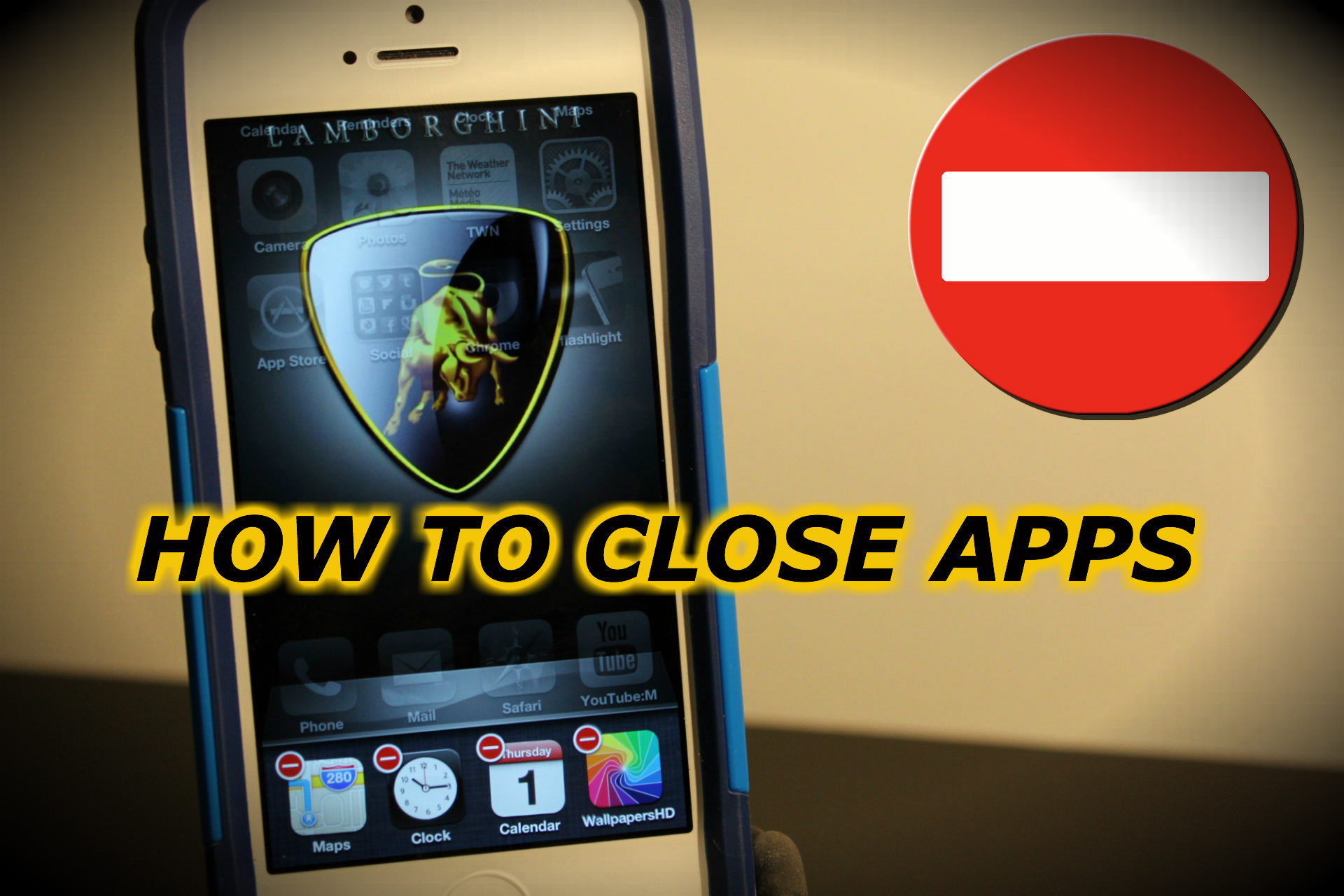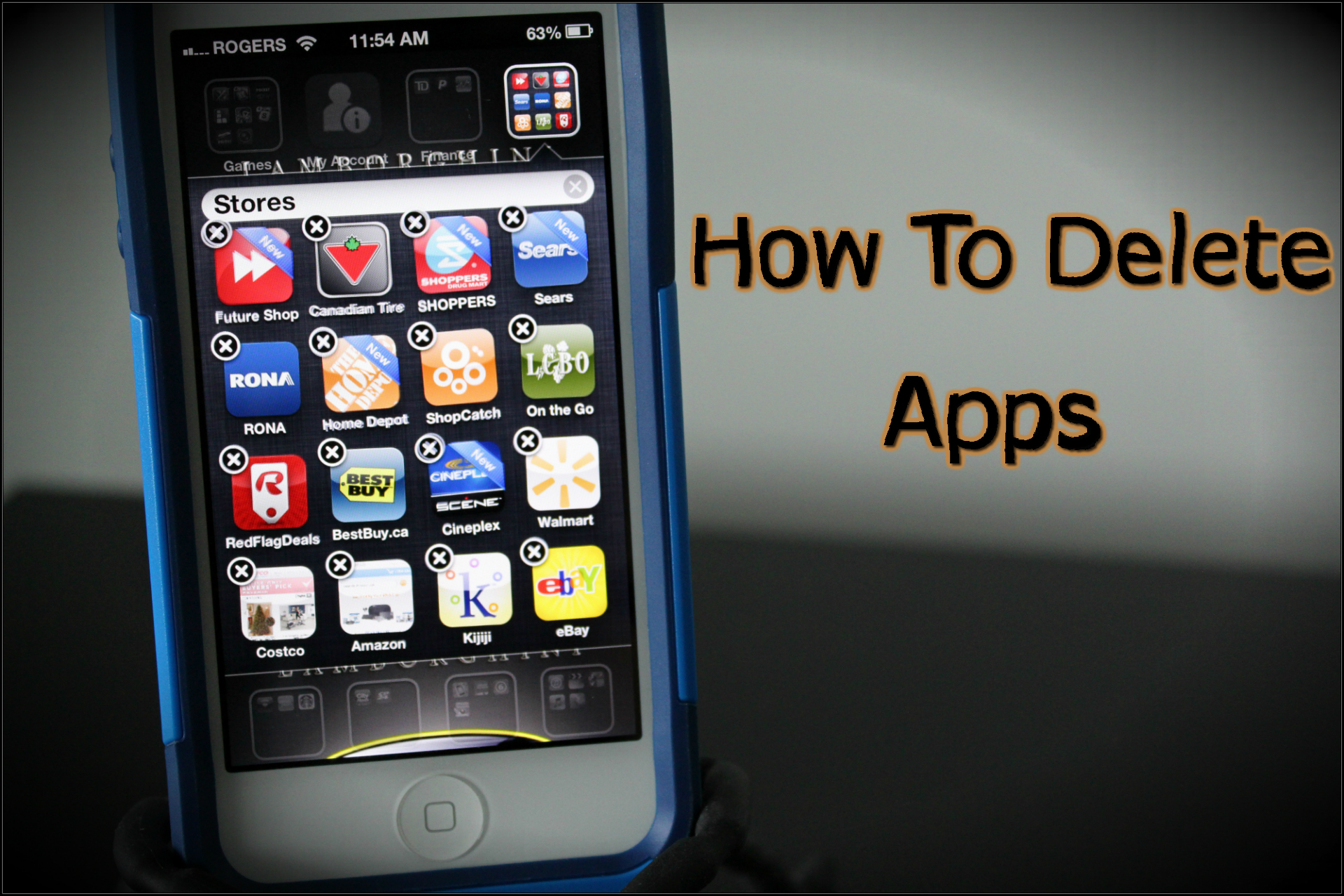iOS 11 is here and updating is a snap. Included in this year’s release are some long-awaited features like customization for the control center, Siri translation, and a new file app just to name a few.
Before you update your iPhone, iPad or iPod Touch to iOS 11, make sure your device is supported and a proper backup is completed.
Skip To The iOS 11 Update Video
 Which Devices Support iOS 11?
Which Devices Support iOS 11?
- iPhone X
- iPhone 8 & iPhone 8 Plus
- iPhone 7 | iPhone 7 Plus
- iPhone 6S | iPhone 6S Plus
- iPhone 6 | iPhone 6 Plus
- iPhone SE | iPhone 5S
- 2017 iPad Pro (12.9-inch) | 2017 iPad Pro (10.5-inch) | 2017 iPad (9.7-inch)
- iPad Pro (9.7-inch) | iPad Pro (12.9-inch)
- iPad mini 4 | iPad mini 3 | iPad mini 2
- iPad Air 2 | iPad Air
- iPod touch 6th generation
Any older devices unfortunately will not be able to install iOS 11.
Do I Need to Backup My iPhone Before Updating
Simply put, yes! Why risk losing your photos, apps, notes, and contacts. Chances are the update will be fine but as I found out the hard way with my iPhone 5, anything can happen.
Run a backup on your device using iCloud or iTunes. If you need help or don’t know how here is a video that will guide you through backing up your iOS device.
Manage Storage & Free Up Space
When it comes to updates, it is always important that you have enough space on your iPhone, iPad or iPod Touch. For iOS 11, you will need at least 1.89GB of free space. Delete some apps and photos or watch this video for some tips to free up space
What You Need
Once your iPhone, iPad or iPod Touch is prepared, you want to make sure you have all accessories and internet before you start updating to iOS 11.
- Keep your lightning charger close by as you may need it if your iPhones battery life drops below 50%.
- Ensure you have internet. Depending on your internet speed, the update will run faster or slower.
Your Ready to Update to iOS 11
The video below will guide you step by step in updating to iOS 11.



